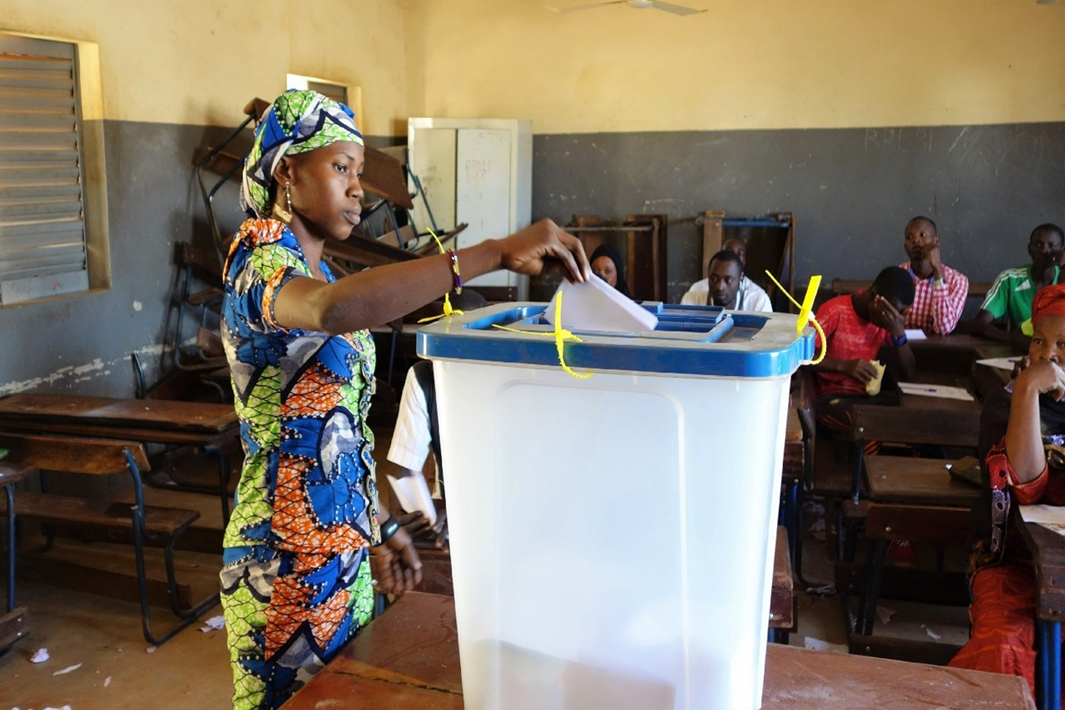By Wesley Omondi
MAPUTO, OCTOBER 8, 2024 (CISA) – Ahead of the Tuesday, October 9, highly anticipated General Elections, Catholic Bishops have called for transparency, impartiality, and integrity in the electoral process.
In a pastoral letter dated October 1, 2024, the bishops emphasized the election must reflect the true will of the people and that the principle of impartiality must be respected to ensure that all citizens are fairly included in the process.
Over 17 million registered voters are set to choose the country’s next president and 250 members of parliament in this pivotal election. The Bishops are calling on all electoral stakeholders to maintain neutrality and uphold the integrity of the vote, which they say is critical for fostering democracy in Mozambique.
“We call on all actors to maintain neutrality and integrity, thereby contributing to the transparency of the elections,” the bishops reiterated in their statement.
The incumbent president, Filipe Jacinto Nyusi, has led Mozambique since 2015 but is constitutionally barred from seeking another term. His party, the Front for the Liberation of Mozambique (FRELIMO), has been in power since the country gained independence from Portugal in 1975. Daniel Chapo, 47, is FRELIMO’s candidate, seeking to maintain the party’s long-standing dominance and faces a strong challenge from Venâncio Mondlane , an independent candidate vying for the presidency for the first time after breaking away from opposition party RENAMO.
“Electoral bodies must take the will of the people seriously, ensuring that the results truly reflect the voters’ choices. This is crucial for fostering a more democratic Mozambique,” the Catholic Church leaders stressed.
In their pastoral letter, the Catholic Bishops urged political parties to focus on presenting realistic programs that address the needs of Mozambicans and called on the candidates to respect the decisions made by the electorate.
They called on the citizens and political leaders alike to work together to build a culture of transparency, respect for the opposition, and adherence to democratic principles.
“We appeal to political parties to prioritize service to the people, not personal or party gain,” the bishops said, stressing that Mozambique’s future depends on the honesty and dedication of its leaders.
The bishops emphasized that Mozambique has made significant progress since transitioning to multi-party democracy in 1994, and they urged citizens to massively participate in the upcoming polls.
“The transparency of the ballot will depend on the behavior of the structures in charge of organizing the elections,” they stressed.
The country’s elections come at a critical time, as Mozambique continues to grapple with a jihadist insurgency in the northern province of Cabo Delgado, which has displaced over a million people. While some 600,000 have returned home, many face the challenge of rebuilding their shattered communities.
Rwandan and South African troops, deployed several years ago to combat insurgents, remain active in the region. However, there has been an “uptick in the frequency and severity of insurgent attacks.”
Most analysts concur that the primary challenge for any new president will be fostering economic opportunities and creating jobs in a country where a staggering 62% of the population lives in extreme poverty.
